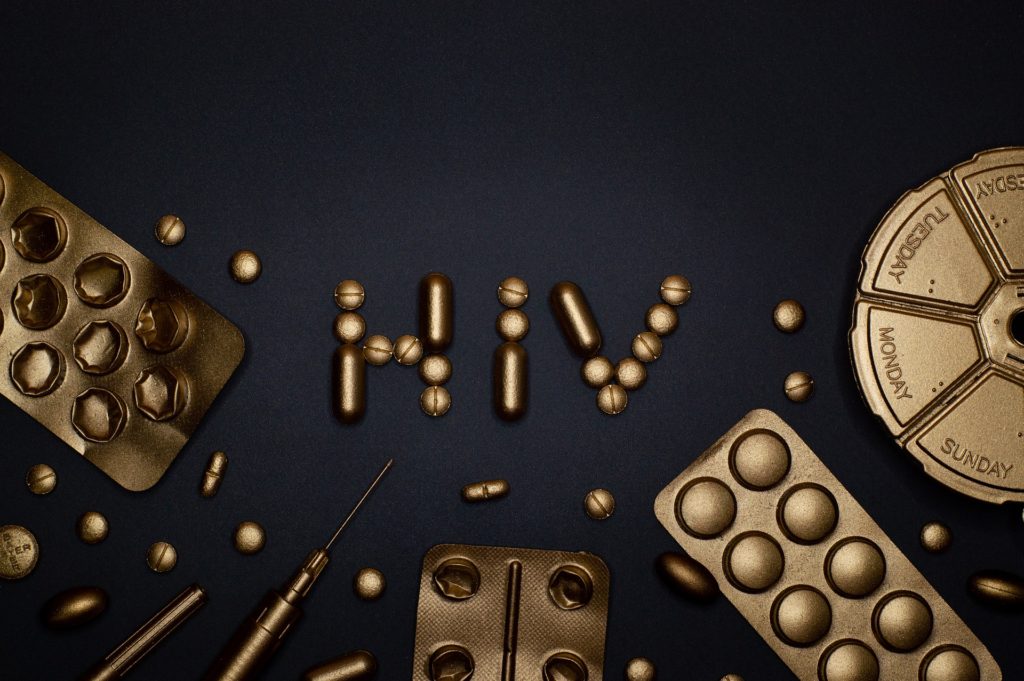
It has been a big month of news for the HIV Pre-Exposure Prophylaxis (PrEP) pharmaceutical Truvada. The drug was first-approved to treat HIV in 2004, and 15-years later received further approval by the FDA as a HIV-preventative measure. The biopharmaceutical company Gilead Sciences brought Truvada to market in PrEP form this year. Now, according to new data from government researchers, it has been revealed that the exorbitantly high cost of Truvada has resulted in only 20% of those who need it having received it.
Multiple clinical studies have shown that PrEP with antiretroviral medication has proven effective in reducing the risk of acquiring HIV. The CDC conducted an analysis of outpatient retail prescriptions for a 30-day supply of Truvada and found that the average third-party payment was $1,638. The number of annual prescriptions increased significantly between 2014 and 2018 — from more than 73,000 to 1.1-million. Patients without insurance paid $107 out of pocket, and Medicare recipients paid $80. Nathan W. Furukawa, MD, MPH, is a researcher at the CDC, and the lead author of the study that was published in the Annals Of Internal Medicine journal in September. The paper found that the $2.08 billion in PrEP medication payments in 2018 was an underestimation of national costs, and that high costs to the health care system may hinder PrEP expansion.
“PrEP is highly effective at preventing HIV from sex or injection drug use when taken consistently,” Dr. Furukawa told HealthDay. “If enough people at risk of HIV take PrEP, we can stop new HIV infections and end the HIV epidemic.” Dr. Michael Horberg, is the associate medical director and director of HIV/AIDS and STD at the Kaiser Permanente Care Management Institute in Maryland. He agrees. “Pharmacy costs are always a big concern in preventive medicine,” Horberg told US News. “The pharmaceutical industry should aim to lower costs, and make this readily available to all U.S. citizens who would benefit from PrEP,” Horberg said.
This week has also seen Gilead Sciences sued in San Francisco federal court regarding an alleged scheme to delay generic versions of the HIV preventive drug. This comes on the heels of a federal lawsuit filed by the Trump administration in 2019, admonishing Gilead for profiting from taxpayer-funded research. In the most recent filing, the U.S. Department of Health and Human Services (HHS) says that Gilead is not permitting it to license the Truvada patent. The U.S. Patent and Trademark Office granted four patents to HHS in 2015, according to Marketwatch, that ‘allow the agency to receive royalties for those regimens.’ The HHS states that “hundreds of millions of taxpayer dollars funded” the CDC’s PrEP clinical trials. Gilead disputes the validity of the patents, however. It says the “HHS improperly filed for patents without alerting Gilead, despite its obligation to do so, and we have openly explained the defects in the patents since becoming aware of them.” HHS Secretary Alex Azar said in a statement that “Gilead must respect the U.S. patent system, the groundbreaking work by CDC researchers, and the substantial taxpayer contributions to the development of these drugs.”
In additional news on Truvada this week, a new study provides evidence that a Texan man who took the drug to prevent contracting HIV, has become infected. UC San Francisco researchers have been able to show that the man followed the prescribed Truvada protocol. It was also found that the strain of the virus the man acquired “had mutations that made it resistant to the two-drugs in Truvada.” Dr. Chris Spinelli is a researcher and assistant professor in the School of Medicine at UC San Francisco, and a co-author of the PrEP study that was published in the Clinical Infectious Diseases journal. “Cases of seroconversion on PrEP should be carefully investigated given their public health implications and rarity,” Spinelli et. al wrote in the paper. “We report a case of transmitted drug resistance causing seroconversion on PrEP in spite of high adherence, confirmed with dried blood spot and segmental hair drug-level testing and single-genome sequencing.”
